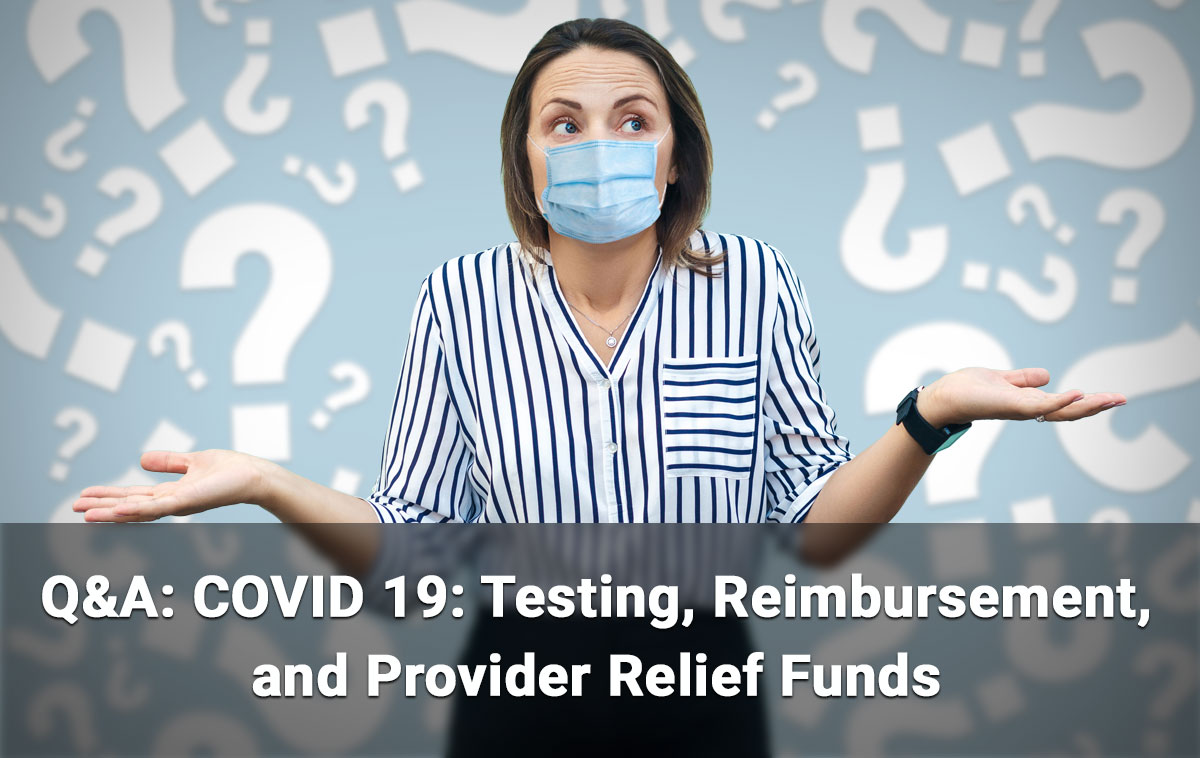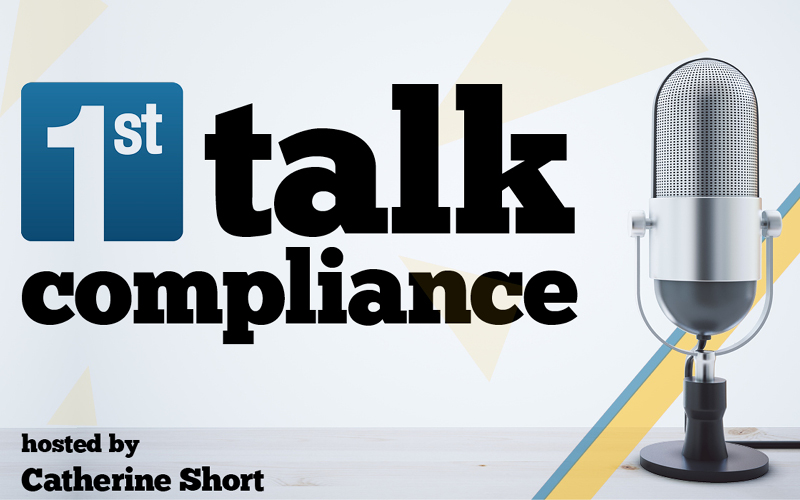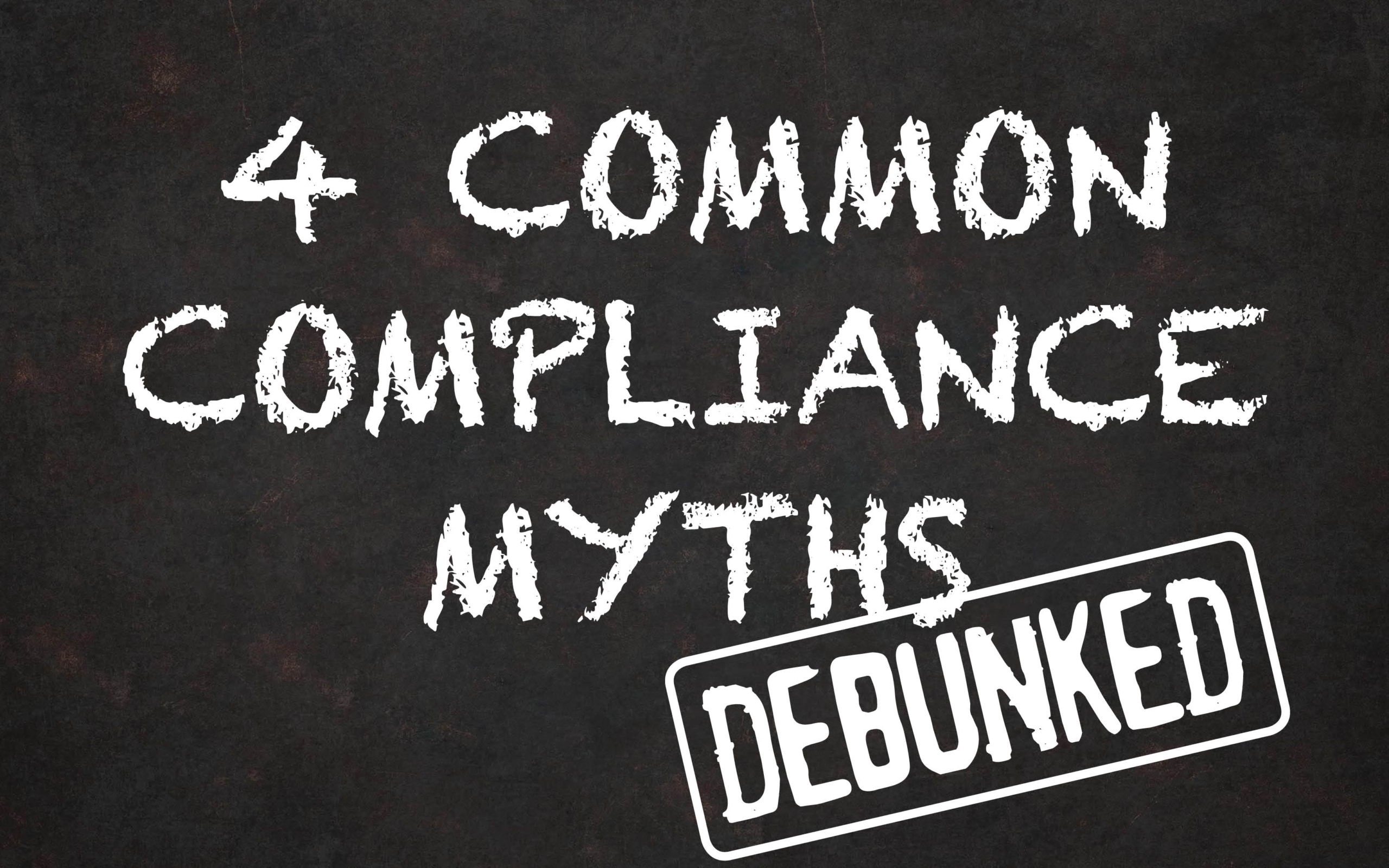Q&A: COVID 19: Testing, Reimbursement, and Provider Relief Funds
 Emily A. Johnson and Courtney Tito, Members, at McDonald Hopkins LLC recently presented the webinar “COVID 19: Testing, Reimbursement, and Provider Relief Funds” and the recording is available on our YouTube Channel. Emily and Courtney returned to answer many commonly asked questions from the webinar.
Emily A. Johnson and Courtney Tito, Members, at McDonald Hopkins LLC recently presented the webinar “COVID 19: Testing, Reimbursement, and Provider Relief Funds” and the recording is available on our YouTube Channel. Emily and Courtney returned to answer many commonly asked questions from the webinar.
What is the difference between diagnostic and antibody testing?
Diagnostic testing identifies people who are currently infected, whereas antibody (otherwise known as serology) testing looks for antibodies to the virus, which can help identify individuals who have developed an adaptive immune response to the virus as part of either an active infection or a prior infection. Antibody test results are important for detecting previous infections in individuals who had few or no symptoms.
How reliable is antibody testing?
The utility of antibody test results is unknown as scientists are still exploring the possibility of COVID-19 reinfection. Specifically, it remains uncertain whether the antibodies that result from a COVID-19 infection will provide someone with immunity from getting infected again. If antibodies do provide immunity, it is unknown how long the immunity will last. However, the information yielded from the antibody testing can potentially be used to determine the percentage of a geographic area previously infected with COVID-19 in order to determine which communities have higher rates of herd immunity.
What documentation should an employer have with labs and employees to commence return to work COVID testing?
An employer should have a laboratory services agreement with the performing laboratory that identifies the services to be provided by the laboratory and the method of compensation for such services. Additionally, employee consent forms should be used so that the employee understands how the test results may be used by an employer. Also, the laboratory should require the employee to sign an authorization permitting the laboratory to release the employee’s test results to the employer, particularly if the laboratory is subject to HIPAA. Other issues that may come up in these arrangements include permitting requirements if specimen collection will occur on the employer’s premises, identifying who will be supplying protective face masks to the employee who presents for specimen collection (the employer, the lab, or the employee), among other issues.
How often should return to work testing be performed?
For most employers, there is no set framework and the employer should establish a frequency that works best for the particular workplace. This should be documented in the employer’s policies and procedures. For healthcare employers such as nursing homes, hospitals, and assisted living facilities, there may be a state-issued executive order defining the testing that is required to be performed on employees of such entities and the frequency that such testing must be performed. It is important to regularly monitor the applicable state’s communications and orders on this issue.
 Emily A. Johnson is a Member at McDonald Hopkins LLC, Chicago and practices in its Health Law group. Ms. Johnson counsels and represents clients in the healthcare industry, with an emphasis on laboratories and pathology groups. Ms. Johnson provides advice on wide range of healthcare regulatory issues, including but not limited to Stark Law, Anti-Kickback Statute, licensure, reimbursement and contractual matters. Ms. Johnson has also counseled clients with HIPAA compliance, including drafting HIPAA policies and procedures, breach response and notification, Office for Civil Rights investigations, and advising on proactive HIPAA compliance and breach prevention. She has also advised clients regarding direct to consumer testing issues.
Emily A. Johnson is a Member at McDonald Hopkins LLC, Chicago and practices in its Health Law group. Ms. Johnson counsels and represents clients in the healthcare industry, with an emphasis on laboratories and pathology groups. Ms. Johnson provides advice on wide range of healthcare regulatory issues, including but not limited to Stark Law, Anti-Kickback Statute, licensure, reimbursement and contractual matters. Ms. Johnson has also counseled clients with HIPAA compliance, including drafting HIPAA policies and procedures, breach response and notification, Office for Civil Rights investigations, and advising on proactive HIPAA compliance and breach prevention. She has also advised clients regarding direct to consumer testing issues.
 Ms. Tito is a Member of McDonald Hopkins, LLC and practices in its Health Law group in the West Palm Beach office. Ms. Tito counsels and represents clients in the health law industry, including, federal and private payor audits and disputes, reimbursement, contract, corporate, enrollment revocations, payment suspensions, internal investigations, compliance and regulatory, and in responding to federal subpoenas and civil investigative demands. She advises clients in both federal and state matters. She has counseled clients on regulatory, licensing, compliance, reimbursement, corporate, CLIA standards, state and federal fraud and abuse rules and regulations and telehealth matters. She has also advised clients regarding direct to consumer issues.
Ms. Tito is a Member of McDonald Hopkins, LLC and practices in its Health Law group in the West Palm Beach office. Ms. Tito counsels and represents clients in the health law industry, including, federal and private payor audits and disputes, reimbursement, contract, corporate, enrollment revocations, payment suspensions, internal investigations, compliance and regulatory, and in responding to federal subpoenas and civil investigative demands. She advises clients in both federal and state matters. She has counseled clients on regulatory, licensing, compliance, reimbursement, corporate, CLIA standards, state and federal fraud and abuse rules and regulations and telehealth matters. She has also advised clients regarding direct to consumer issues.
Check out a recording of this webinar and others by Emily A. Johnson, Courtney Tito, and Elizabeth Sullivan, Members at McDonald Hopkins, LLC with First Healthcare Compliance: Payor Disputes And Audits Observations Strategies, and Eliminating Kickbacks in Recovery Act (EKRA): Summary and Status, and listen to Courtney and Catherine on our radio program and podcast 1st Talk Compliance. Take a look at our new book: HIPAA Privacy and Security; our recent blog articles including Q&A: Payor Disputes and Audits: Observations & Strategies and CMS Updates Compliance Program Training Requirements for FDRs and our online compliance training courses such as The UPIC is Coming: CMS Auditors 2.0, and MACRA – Medicare Access & Chip Reauthorization Act of 2015.




